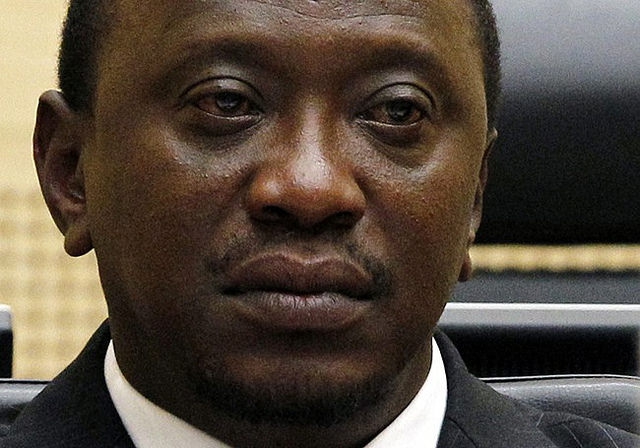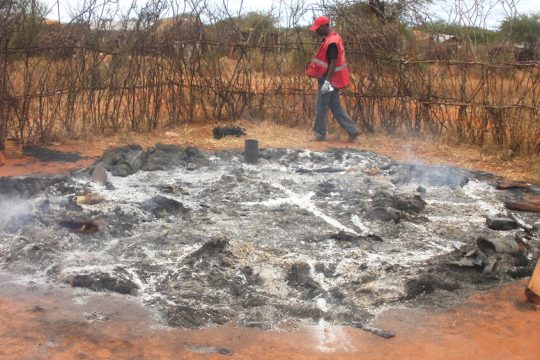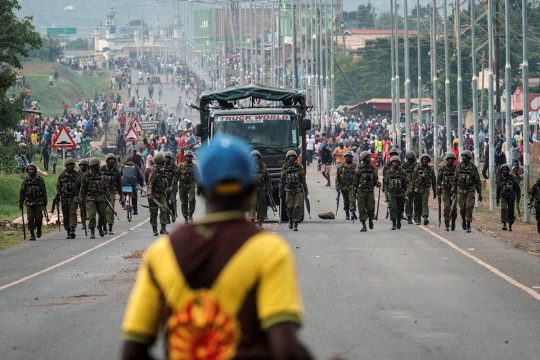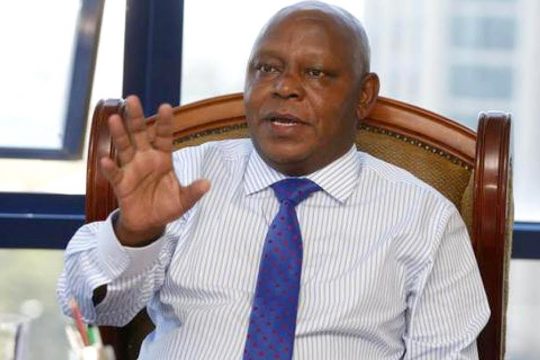The Appeals Chamber of the International Criminal Court on Wednesday ordered a re-examination of allegations that Kenya failed to cooperate with the Court in the case against its President Uhuru Kenyatta. If so, it said judges should also examine whether Nairobi’s non-compliance should be referred to the ICC’s oversight body, the Assembly of States Parties.
Kenyatta was charged with five counts of crimes against humanity allegedly committed during post-election violence in Kenya in 2007-2008. Charges were confirmed in January 2012, and the case was committed to trial. However, the case was dropped in March this year after the prosecution withdrew charges. Prosecutor Fatou Bensouda alleged that the Kenyan government had failed to cooperate properly, that witnesses had also been intimidated and that her evidence had therefore been undermined.
On 29 November 2013, the Prosecutor asked judges to make a ruling that Kenya had failed to cooperate with the ICC, saying the government had not complied with requests for records relating to President Kenyatta. The court rejected her request in December 2014, but the Prosecutor appealed. The Appeals Court has now ordered a re-examination on grounds that there were “errors in the Trial Chamber’s assessment”.
Kenya is a State Party (member) of the ICC. Under the Rome Statute (the ICC’s founding treaty), all States Parties are obliged to cooperate fully with the ICC in its investigations and prosecutions. If a State Party fails to comply with a request to cooperate with the Court and so prevents the Court from exercising its functions and powers, ICC judges can decide to refer the matter to the ICC’s oversight body, the Assembly of States Parties (ASP). If the case was referred by the United Nations, they can also decide to refer it to the UN Security Council. The ASP and the Council may then decide what steps to take.
The ASP comprises all ICC member states and meets once a year to determine policy and review Court rules and functioning.
Prosecutor Bensouda has not ruled out reopening the case against Kenyatta. If she were to get a non-cooperation ruling, this could perhaps help her.
Neither the ASP nor the UN Security Council have ever taken strong measures against a member state for non-cooperation. The Prosecutor has complained particularly about the lack of UN action on Sudan. Sudanese President Omar Al Bashir has been under ICC arrest warrants since 2009 and 2010 for crimes against humanity, war crimes and genocide allegedly committed in Darfur but continues to travel to other countries and has so far escaped arrest.







